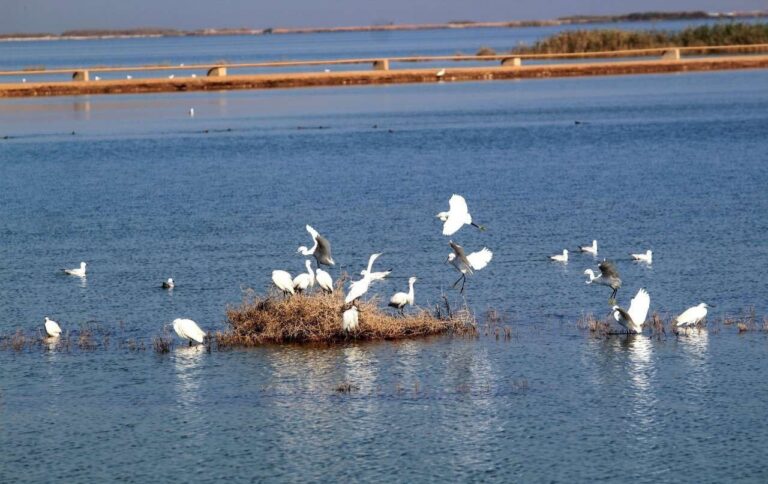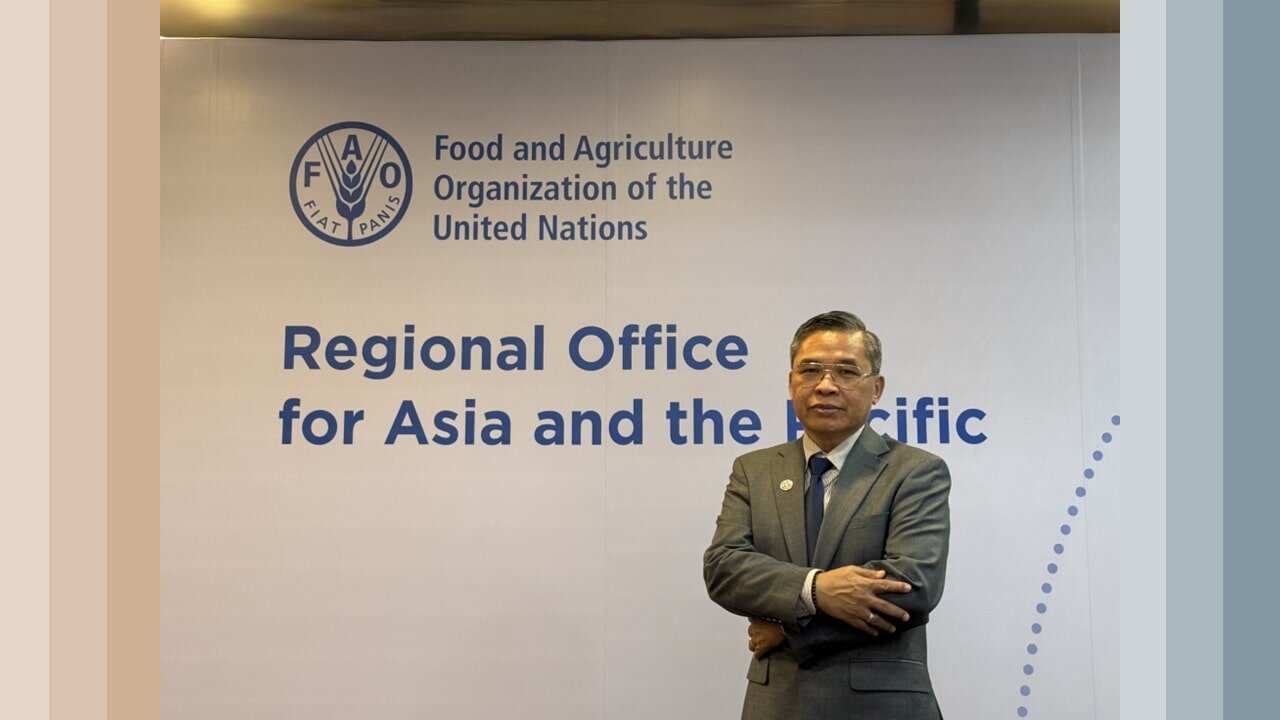
Similar Posts
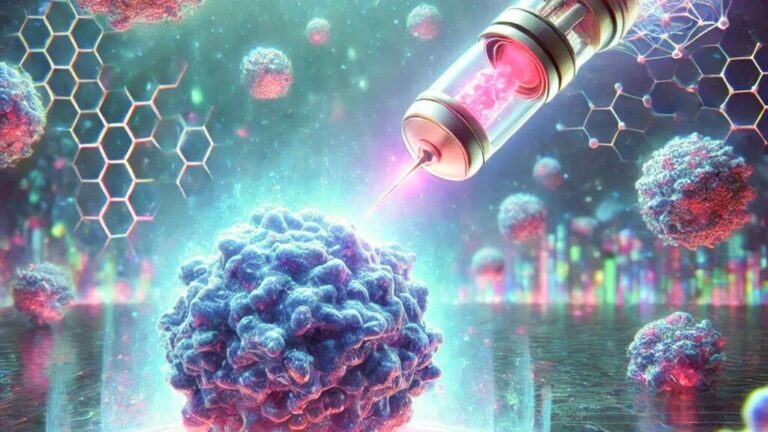
Iran Emerges as World’s Second-Largest Producer of Innovative ‘Tilmanocept’ Cancer Tracer
An Iranian company has innovated a method to synthesize Technetium (99mTc) tilmanocept, a key radiopharmaceutical for identifying lymph nodes impacted by tumors, enhancing cancer treatment strategies. Previously, the U.S. was the sole manufacturer. The new agent aims to reduce invasive lymphatic surgeries, benefiting around 90% of cancer patients in Iran. Cancer, a leading cause of mortality in the country, is projected to rise significantly, with breast cancer being the most common. Additionally, Iran has developed an AI system for breast cancer detection and produced a cost-effective HPV vaccine and ibrutinib for blood cancers, marking significant healthcare advancements.
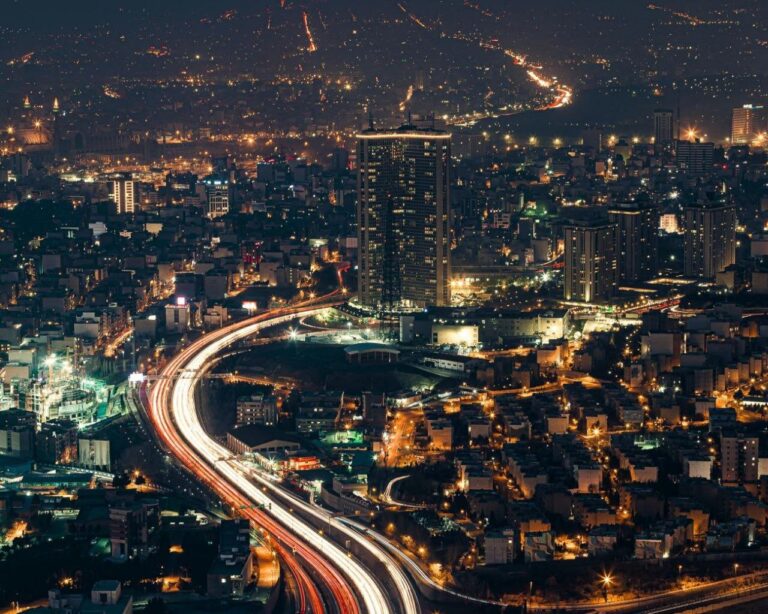
UNDP Backs Iran’s Vision for a Sustainable Energy Future: A Commitment to Green Innovation
The United Nations Development Programme (UNDP) is working to enhance economic resilience and promote renewable energy in Iran, which has significant solar and wind potential. Iran aims to install 30,000 MW of renewable energy by 2030, despite facing challenges like high energy intensity. Key initiatives include an Energy Efficiency Certificate Framework, vocational training enhancements, and an Energy Monitoring Information System. The government plans to increase renewable power capacity by 3,500 MW next year, with a goal of adding 10,000 MW by 2025. These efforts not only reduce energy consumption but also create jobs, highlighting the economic benefits of clean energy.
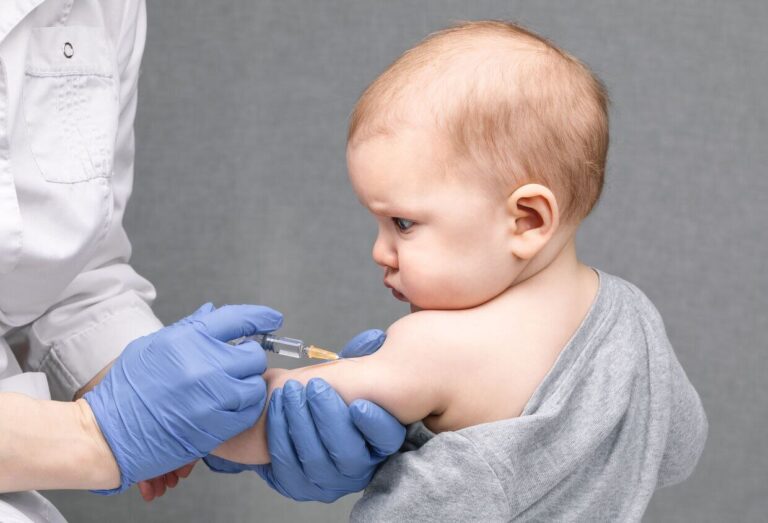
Iran to Launch Nationwide Distribution of Indigenous Pentavalent Vaccines
The Iranian health ministry will distribute domestically produced pentavalent vaccines nationwide starting Tuesday, aimed at protecting infants from diseases like diphtheria, tetanus, and hepatitis B. FDA head Mehdi Pir-salehi announced the rollout of 800,000 units, with plans to increase to 1.2 million. This vaccine has been part of Iran’s immunization strategy since 2014, with children receiving three doses. Concurrently, a polio eradication campaign targets high-risk areas, vaccinating 300,000 children under five this spring. Iran, polio-free since 2000, continues to combat the disease amid rising cases in neighboring countries, ensuring the health of its youngest population.

Massive Explosion at Shahid Rajaee Port Leaves Over 500 Injured: A Shocking Incident Unfolds
A powerful explosion struck Shahid Rajaee Port in Hormozgan Province, Iran, at around 12:30 PM, injuring at least 500 people and leading to chaos. The blast, which originated from an administrative building, completely destroyed the structure and damaged nearby vehicles. Four rapid response teams were deployed for rescue operations, while hospitals in Bandar Abbas declared a state of emergency. The port’s suspension of operations raises concerns about its vital role in maritime trade. Investigations are underway to determine the cause, and local organizations are mobilizing support for those affected, highlighting community resilience amid this crisis.
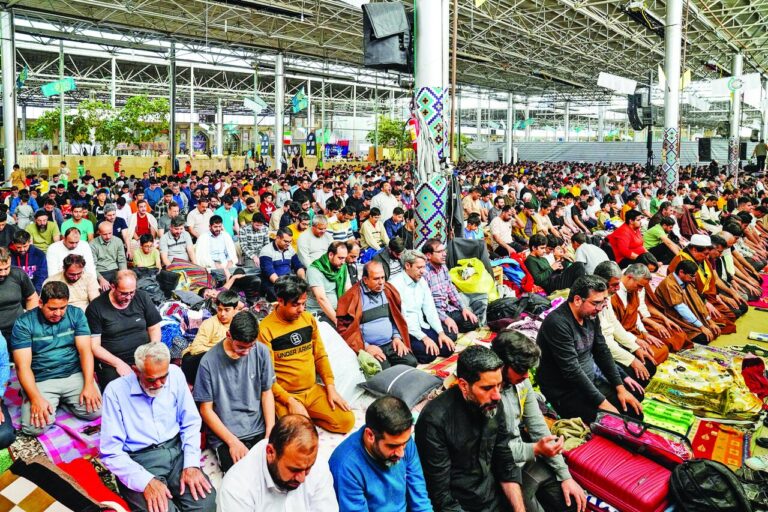
I’tikaf Begins Nationwide: Communities Unite in Spiritual Reflection
I’tikaf is a significant Islamic tradition observed during the 13th to 15th of Rajab, allowing participants, or Mu’takifs, to retreat to the mosque for spiritual devotion. This practice involves fasting, studying religious texts, reciting the Quran, and engaging in prayer and contemplation. It provides a break from daily distractions, fostering introspection and a deeper connection with God. Moreover, I’tikaf encourages community, as participants share their spiritual journeys, enhancing their collective experience. Overall, it emphasizes self-discipline, reflection, and the importance of faith, making it a vital aspect of worship during this period.
